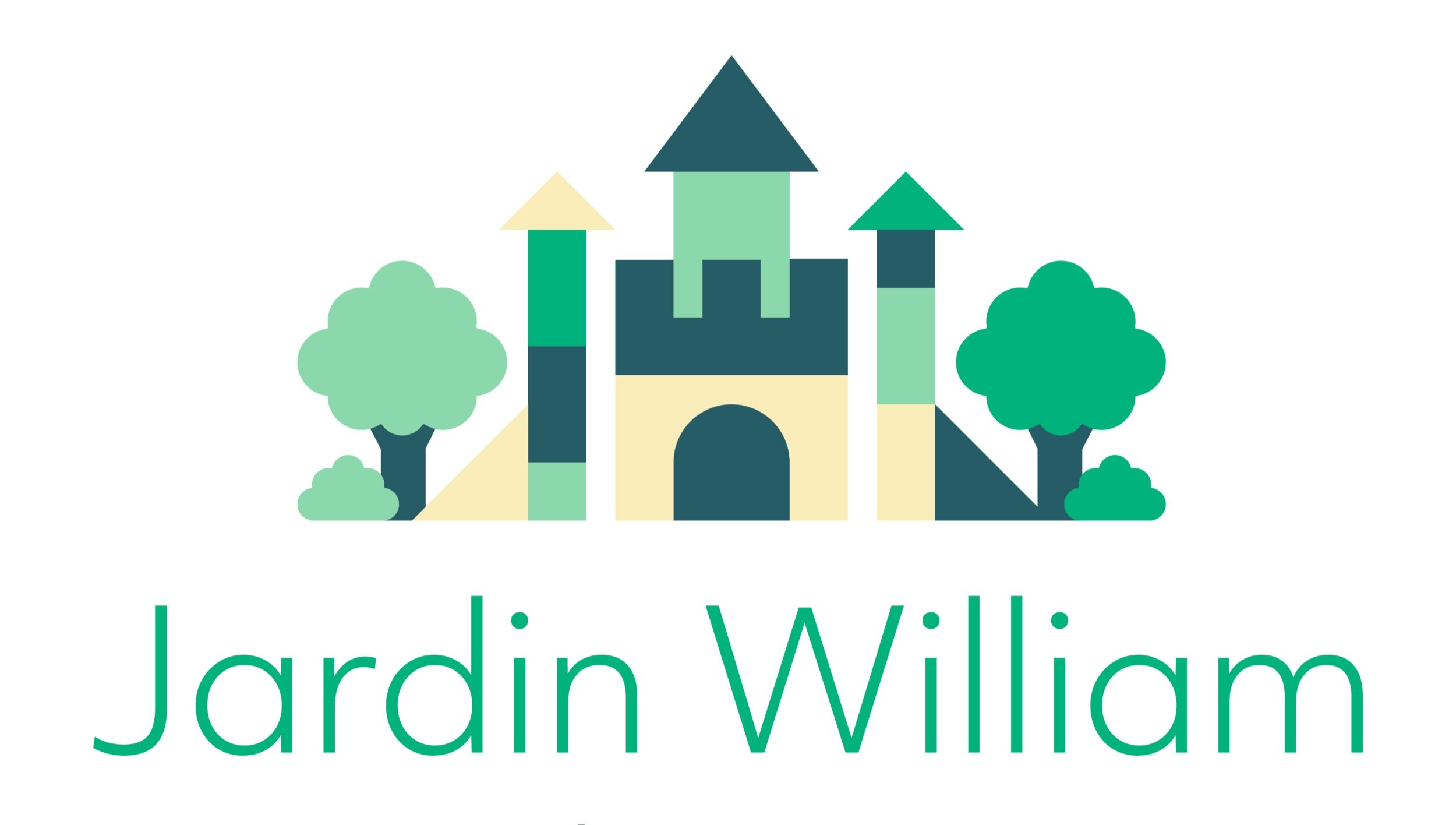Our Educational Program
Democratic intervention
At the Jardin William Daycare, we promote the open pedagogy that underlies so-called democratic interventions. Democratic intervention means:
- The sharing of power between children and adults;
- Conflict resolution that allows everyone to express themselves;
- Interventions that allow children to make choices. The child will learn to have condidence, to respect himself and to respect others in their differences. He or she will develop their sense of responsibility and autonomy.
Educators will ensure opportunities for children to communicate with each other and take initiatives.
In other words, the teaching staff is flexible, while having clear and concrete instructions adapted to the age of the children.Punishment such as time out in the corner is not a priviledged intervention by our teaching staff.
Core principles
The child learns through play
We develop different types of games such as: solitary or cooperative, motor, symbolic, etc. Behind every practiced and realized activity, there is an educational aspect. In this way, the child learns easily while having fun. Through play, the child learns to organize and coordinate. The pleasure of acting and learning is the basis of learning.
Child development is a comprehensive and integrated process:
The interventions of the adult, the facilities and the proposed activities ensure that the child grows and thrive in all his or her dimensions; emotional, physical and motor, social and moral, cognitive and linguistic. The axes of development are solicited in different ways and at different levels.
Every child is unique
We let each child grow at his or her own pace. We avoid confining them in the same mold. The educator adapts to everyone's level and provides flexibility to them. Also, we leave plenty of room for their imagination so that everyone can flourish properly.
Reggio-inspired pegadogy
The child as master of his apprenticeship and social being;
Valorization of self-expression and communication;
A village around a child and the environment as a learning agent;
Educators as partners;
Themes promoting discovery, experimentation and openness to the world.

